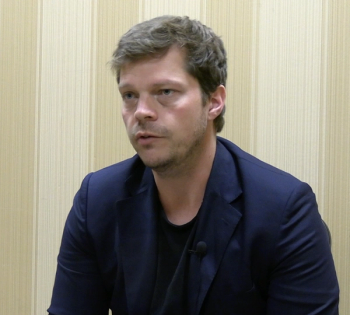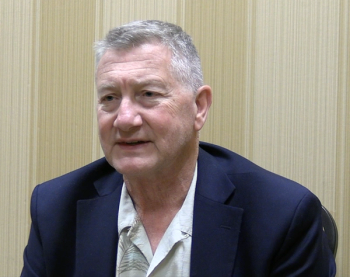
Photonis USA and Georgia Tech Sign Sponsored Research Agreement
Photonis USA (Sturbridge, Massachusetts) has signed a sponsored research agreement with the Georgia Tech Research Corporation (Atlanta, Georgia) to design and develop a prototype of a new ion mobility spectrometer (IMS) analyzer, using patented technology from Photonis.
Photonis USA (Sturbridge, Massachusetts) has signed a sponsored research agreement with the Georgia Tech Research Corporation (Atlanta, Georgia) to design and develop a prototype of a new ion mobility spectrometer (IMS) analyzer, using patented technology from Photonis. The new product can be custom-manufactured to interface with a range of mass spectrometers or other sources to reduce the overall complexity of IMS analysis.
A key component in the IMS analyzer is Photonis’ resistive glass, which creates an electric field to guide or direct charged particles. The glass consists of alkali-doped lead silicate glass that has been reduced to make the surface a semiconductor, and can be drawn into custom shapes for use in ion guides, drift tubes, capillary inlet tubes, ion mirrors, collision cells, conversion diodes, or voltage dividers.
Newsletter
Get essential updates on the latest spectroscopy technologies, regulatory standards, and best practices—subscribe today to Spectroscopy.




